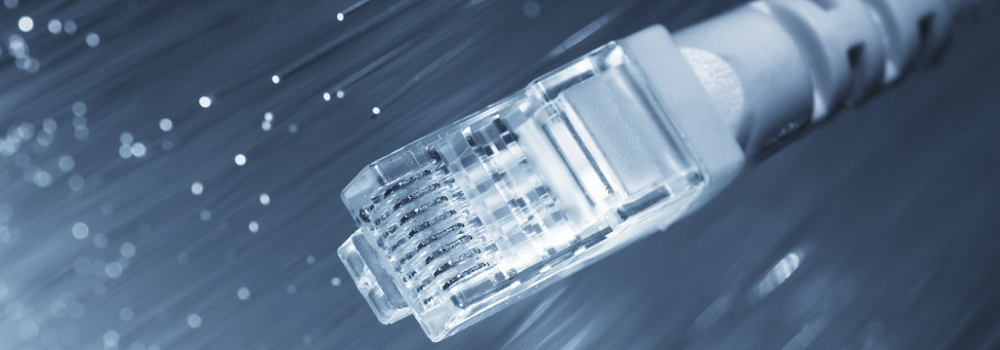What Is an Ethernet Cable?
Last Updated on June 15, 2022 by Arsalan Dezham
Whether you are using internet services from CenturyLink to set up a network for your home or business, you need a reliable connection. Even with a great Internet plan or Internet and home service bundle, something as simple as a missing Ethernet cable could cause your service to perform at less than optimal speeds.
An Ethernet cable establishes a data connection to either your modem or router and can connect multiple devices for added security and create a local area network (LAN) that allows file and Internet sharing.
Let’s explore what Ethernet is, how it works, and its benefits.
What is Ethernet?
An Ethernet cable is the physical, encased wiring over which data travels from point to point.
Traditionally, Ethernet cables connect devices in a wired local area network (LAN) or wide area network (WAN).
How Ethernet works
Ethernet cables are relatively simple. They operate via a protocol, a set of rules, or a shared network language that enables devices to communicate with each other. This protocol provides the connection between your router and modem—unless you have a modem and router in one.
Although people often think it does, an Ethernet cable does not produce Wi-Fi. In reality, it provides a connection between your modem and wireless router. To set up a wireless network with an Ethernet cable, plug the cable from the modem into the router’s Wides Area Network (WAN) port. The wireless router will establish a Wi-Fi network by sending a signal to nearby computers and other Wi-Fi-enabled devices.
Benefits of an Ethernet cable
Ethernet connections have many notable benefits.
Speed
Unless you’re operating on a Fiber Optic network, Ethernet speeds will be faster than traditional Wi-Fi connections. An Ethernet connection can support up to 10 Gbps depending on the cable used and your plan’s maximum speed.
Reliability
Wi-Fi connections can be easily interrupted by physical barriers, overcrowded networks, and even the weather. An Ethernet connection is insulated and protected from such interference, making it more reliable.
Security
Data exchanged over a Wi-Fi connection travels through the air and can be easily intercepted. On the other hand, data exchanged on an Ethernet network can only be accessed by physically connecting a device.
Efficiency
Connecting to the internet via Wi-Fi or Ethernet requires energy. Some Ethernet cables operate on considerably less power than a Wi-Fi router, making an Ethernet connection an efficient option for the energy-conscious.
FAQ’s
An Ethernet cable, also known as a network cable, is a cord that runs from a modem, router, or network switch directly to your computer giving your device access to the internet via a local area network (LAN).
Typically, an ethernet connection will be faster than a traditional Wi-Fi connection.
There are several types and categories of ethernet cables. Learn more about network cable types for businesses, homes, and gaming here.
This blog is provided for informational purposes only and may require additional research and substantiation by the end user. In addition, the information is provided “as is” without any warranty or condition of any kind, either express or implied. Use of this information is at the end user’s own risk. CenturyLink does not warrant that the information will meet the end user’s requirements or that the implementation or usage of this information will result in the desired outcome of the end user.








